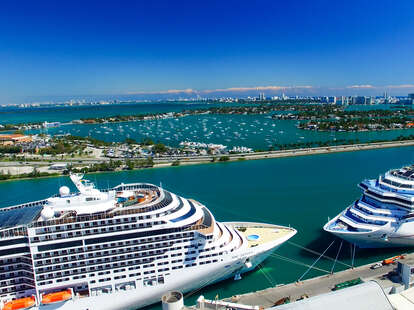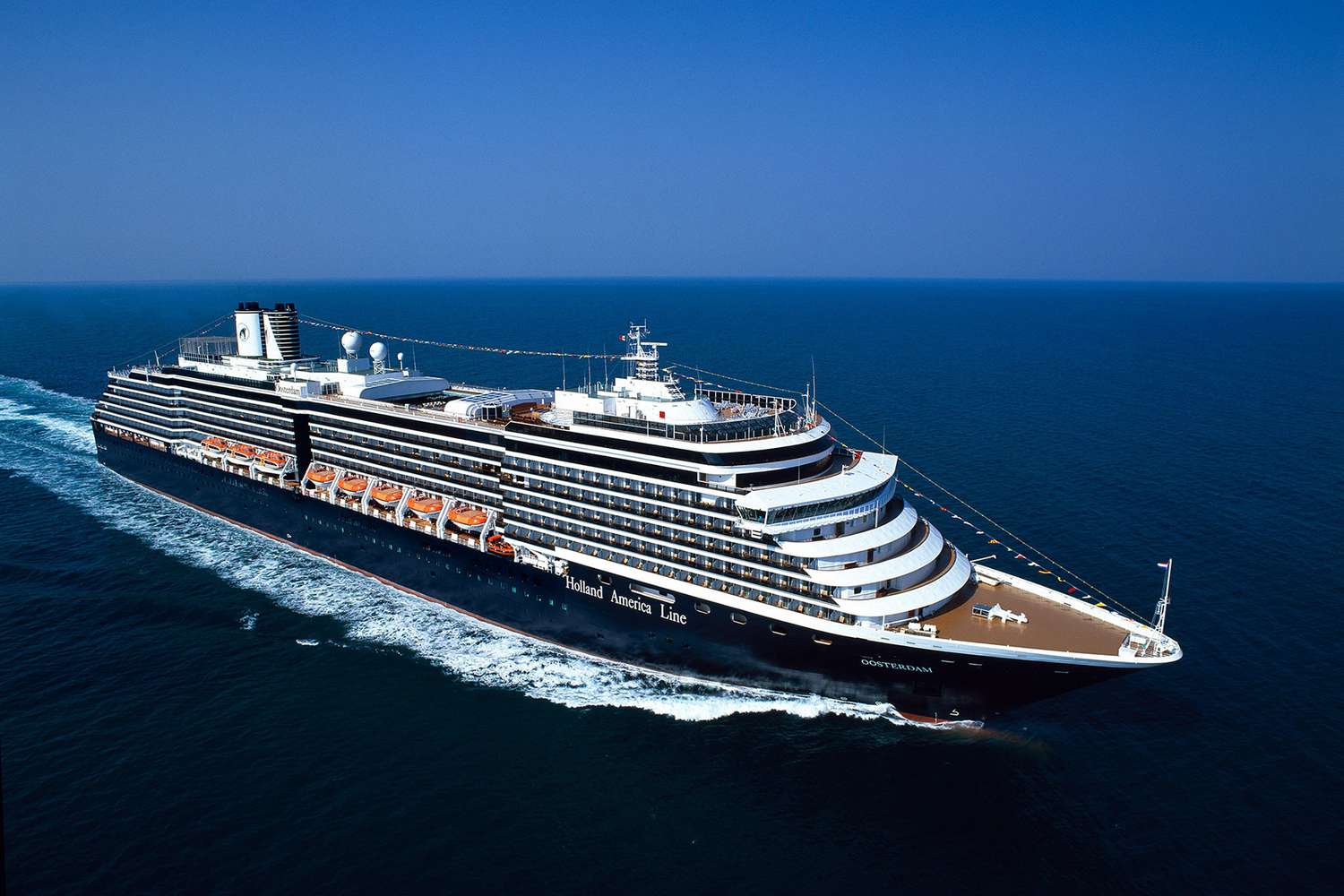
Emergency evacuation insurance is a great way to ensure you are well protected while you're abroad. These policies provide cover for the costs of medical evacuation and bedside to bedside air transport. If you require medical repatriation, they will provide it. The best thing is that you don't have to fill out any claim forms or put a limit on the cost of transport. All you need to do is pay a monthly membership fee.
Costs
It is easy to see why insurance is important for emergency evacuation costs. The average medical evacuation costs around $25,000 in North America and $100,000 overseas. Additionally, you run the risk of finding yourself in an area with limited medical services.
There are many different types of emergency medical evacuations. Some of them require an airlift to a hospital that is trained in emergency care. If this is the case, the policy's emergency evacuation benefits could pay for airlifting you to a local hospital.
Benefits
Insurance that provides emergency evacuation coverage can provide cover in case of an emergency. In some situations, the insurance can assist you in getting to a nearby facility for treatment. However, it does not cover the cost of the flight itself. You should check with your insurance company to get more information.

Emergency medical evacuation insurance is important for travelers. It is possible to become sick abroad and need to be evacuated. You have a variety of options. You may be covered for transportation to a new location or back home.
Exclusions
Emergency evacuation insurance covers the costs of transporting a person in an emergency medical situation to a medical facility. It also pays for the transportation of a patient's body home. But there are some exclusions. Some insurance policies don't cover travel abroad or to certain events. For example, if you are injured in combat (and therefore too vulnerable to be allowed to return home), then some plans won't cover it. Some plans don't cover the cost of embalming and flight transportation, or any other costs that may be required by local laws.
Important to remember is that not all emergency evacuation plans cover skydiving. Check with your insurance provider to see what is covered. Some policies may only cover emergencies and will not cover pre-existing conditions, such as heart or respiratory failure. While policies may cover SCUBA diving activities, they do not cover skydiving. It is a good idea to get emergency evacuation insurance if you are in need of medical assistance abroad.
Medical evacuation insurance cost
Medical evacuation insurance allows you to access specialist care when you travel far from your home. It covers specialist medical transport by ground ambulance or air ambulance. However, you may be unable to bring your baggage, service animals, or any other items onto the air ambulance. A plan should cover the costs of returning your baggage home and getting your service pet home.
Medical evacuation insurance covers you for the cost of flying to a medical facility and back to the U.S. Your policy may limit your ability to travel internationally. While some policies only cover one trip, others can cover multiple trips. A medical evacuation can cost anywhere from $150,000 and up.

Ask questions before you make a purchase
When buying emergency evacuation insurance, it's important to understand the policy's exclusions and coverage limits. It is also important to consider the cost of air ambulance evacuations. They can cost well over $100,000, according to the Centers for Disease Control and Prevention. Evacuation coverage can help you avoid this expense.
Emergency evacuation insurance covers air transportation from a remote area to the nearest medical facility. This insurance can save your life, and it will ensure you get the best care possible. It can help you avoid high medical costs in foreign countries where there may be no medical facility that is equipped to treat your condition.
FAQ
Are you concerned about what you might lose when you travel?
Yes, I often forget stuff. This happens most often when I'm on a brief trip. But I have everything with I, so I never run low.
My passport is one example. When I buy tickets, I always ensure that I have enough cash.
Also, my phone charger is always with I. To store any other items, I keep them in a small bag.
What is the first thing to do after arriving at your travel destination?
Always have a plan in place for when your arrive at a new location. It lets you know what's expected and where to go.
You need to plan ahead to ensure you don't miss anything important.
If you plan to spend more than one day in a given city, it is important to research the museums, parks and landmarks that you would like to see.
It might be worth looking into getting a map for the area or reading about the history of this region.
What should you bring on vacation?
It's important to decide what you want for your holiday. It's not just about packing clothes. It's also important to think about where you are going, and how long you will be there.
It is important to consider what kind of activities you want to engage in. You might want to go scuba diving if your destination is exotic. You might also want to participate in local festivals and events if you plan to stay longer.
You should let the people who are going to be caring for you know if you have any medical issues.
How long does it take between two countries to fly?
The distance between the airports as well as the weather conditions can affect the time it takes to fly.
It takes approximately 3 hours to fly.
However, the actual flying time depends on several factors such as the airline, the aircraft type, airport delays, and weather conditions.
Should I buy travel insurance?
If you plan to do something adventurous, travel insurance is crucial. In fact, you should make sure that you get cover for all types of adventure sports.
You should make sure you have insurance if you ski. It is also worth looking into coverage for theft, loss and damage.
Also, you should consider purchasing cancellation insurance. This means that you can cancel your holiday without paying any penalties.
It is also a good idea if you are able to get emergency evacuation cover. This includes evacuation from the mountain in the case of an earthquake or other natural disaster.
Statistics
- That's an 18% jump from 2019, the previous record year. (travelandleisure.com)
- Pack sweaters, jackets, and underwear in reusable compression bags creating up to 75% more space in your luggage. (wikihow.com)
- Case in point: the private island of Ilha Caldeira, less than seven miles off the coast as part of the Primeiras and Segundas Archipelago, is located within the marine-protected area with 20 percent of the country's intact living coral. (travelandleisure.com)
- Between the ages of 11 and 13, kids, or tweens, will likely want some autonomy but also need boundaries. (travelandleisure.com)
- Alcoholic beverages with more than 24% but not more than 70% alcohol are limited in checked bags to 5 liters (1.3 gallons) per passenger and must be in unopened retail packaging. (tsa.gov)
External Links
How To
How can you make it easier to travel?
It's always easier to travel when everything is planned in advance. It's no longer necessary to think about where you will go next, how much money, what to bring, and so on. Planning and organizing your travels is key to making it a more enjoyable experience. This way, you won't waste precious time trying to figure things out during your trip.
Get Organized
There are many methods to plan for your trips. Some people prefer to keep track of every detail online, while others like to write notes in a notebook. Some people plan by planning their entire trip before they set out. Others might just begin packing and move on. Whatever your preferred method, plan ahead. You'll be able to save valuable time and effort during your trip.
Organizing Yourself
If you want to travel well, then you must also organize yourself. It is important to know what you should bring with you when you travel. You need to make sure you have everything you could possibly need. Consider the weather conditions of your destination country before you pack clothes. Consider whether you would prefer to rent a car, or use public transport. Check out the facilities in your hotel room when you arrive. Is Wi Fi available in your hotel room? Does the hotel include breakfast? Do you have laundry facilities at the hotel? These are essential details you need to add to your list. Now you can relax and enjoy the vacation because you've crossed these items off your checklist.